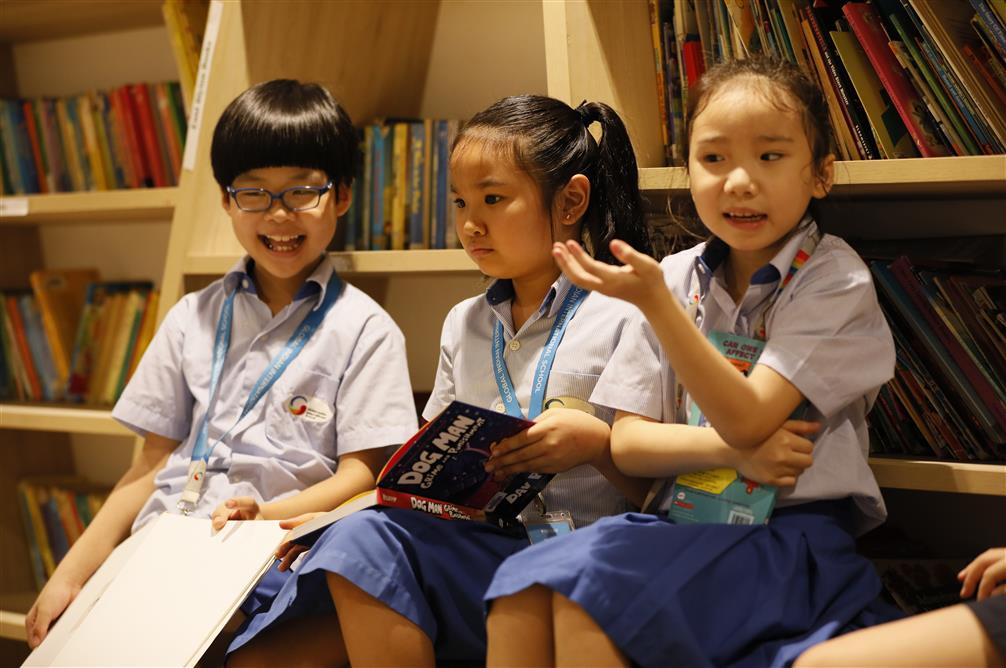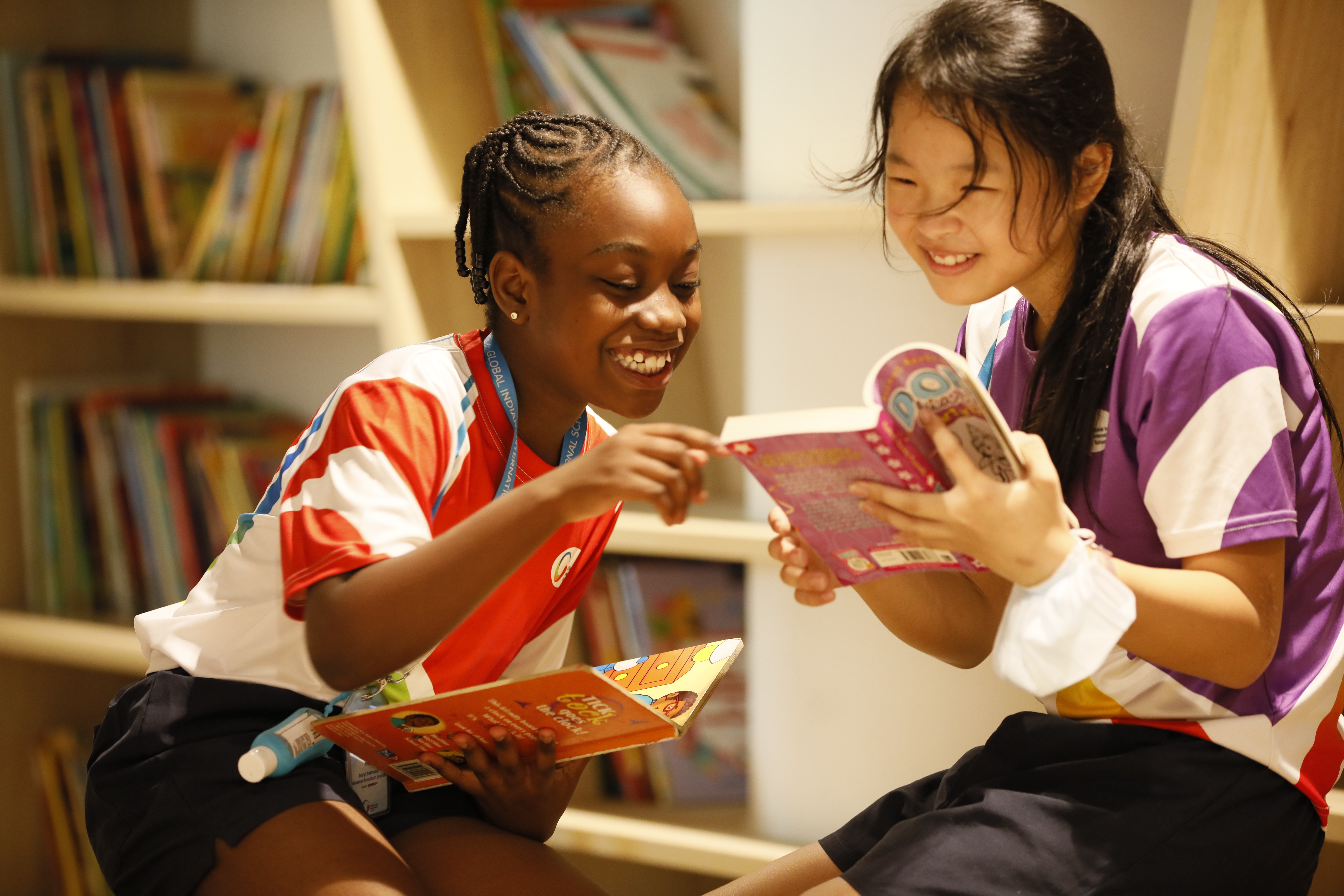
A very frequently heard term in the domain of school education, especially primary years, inquiry-based learning is an unconventional approach to teaching which is gaining much significance in the context of 21st century education.
Inquiry-based learning is the focal point of International Baccalaureate (IB) framework which is offered by many international schools around the world. According to educators, inquiry-based learning is aligned to a newer approach in education which will help in meaningful learning, more suited to the changing needs of the next century.
Moreover, most of the futuristic schools are adopting new ways of teaching the millennials who no longer associate with traditional methods of learning. Hence, inquiry-based learning is becoming the new normal in schools that cater to diverse set of students looking for kind of education that has relevance globally.
What is Inquiry-based learning?
Inquiry-based learning is slightly different from main stream teaching and does not rely on direct instructions and rote learning. Unlike a conventional learning environment, in an inquiry driven classroom, the students are the first one to ask questions and not the teachers. Teachers will only expose the students to new and exciting scenarios to reflect and be curious about.
Benefits of inquiry-based learning:
Active learners When the knowledge comes from the teacher or books and is simply imbibed by children, they remain passive learners. Inquiry-based learning makes students active learners where they think over a scenario and use their own thought process to come up with a solution and problem. They feel more involved and excited about learning as their curious minds get sparked to delve deeper into why and how of a concept.
 Active learners are happy learners too
Active learners are happy learners too
Better learners - In an inquiry driven approach, learning is more of a journey for the students. Children learn as they find their own answers through self-exploration. Experts suggests that when children learn through experiences they not only understand the concepts better but also retain those for longer time. Experts suggest that we retain 75% of what we do compared to 5% of what we hear and 10% of what we read. Inquiry-based learning offer a first-hand experience to students who become better learners in the process.
Life-long learners Inquiry-based learning engenders life-long learners. Students know how to look for knowledge that exists beyond books and fixed courseware. If a child has been exposed to inquiry driven ways of learning in their growing years, they will always have the zeal to ask beyond what is within the realm of the concepts mentioned in books. Hence, as they grow up and come across with complex ideas and subjects, they understand the logic behind the concepts and how to apply those in real-life scenarios, rather than mugging up formulas and definition just for the matter of performing well in exams.
GIIS follows an inquiry-based approach to learning for all its school level. The school has an IB Primary Years Programme for Grades 1 to 5, which is an inquiry-based framework, but at all the other levels too like preschool and secondary grades, the teachers follow an instructional method which is focussed on making the students naturally curious and encouraging them to join the dots in order to derive how the concept is connected to or can be applied in a real-life situation.
How does GIIS implement Inquiry-based learning?
Experiential learning students are exposed to abundance of real-world scenarios and a physical environment where they can experiment and dabble their hands at new things. Learning concepts from books and teachers is one thing, but actually seeing and experiencing a phenomenon takes the learning to its next level, and that is what the skill-based studios and a rich learning environment at GIIS help in. The physical environment at GIIS is completely child-centric and every corner of the campus is infused with opportunities for new learning through further questioning.
Teachers facilitate inquiry-based learning
 Informal interactions with teachers to inspire curiosity and free thinking
Informal interactions with teachers to inspire curiosity and free thinking
Ask our preschool or primary school teacher and they are always busy thinking of innovative ways to propel curiosity in young minds. They constantly encourage students to share their own ideas and questions about a topic. Without being judgmental or corrective, the teachers allow the students to share ideas with an open mind and learn from their own personal experience. The teachers help every child realise their true potential but at the same time ensure that their natural inquisitiveness does not dwindle due to extreme feedback and corrective behaviour.
Inquiry through collaboration
 Students collaborate to learn from each other's ideas
Students collaborate to learn from each other's ideas
Teachers plan a number of collaborative activities where students come across the ideas, perceptions and questions that their peers have in mind. They are taken outside the classrooms for collaborative exercises, to specially created spaces like learning commons where they interact in small groups. The informal setting allows free-thinking and open exchange of ideas, helping their minds generate new questions and line of inquiry.
Summary Inquiry-based learning is the future-focused learning and the way forward for young minds who are learning new ideas and experiencing the world through technology. The young minds are no more suitable for passive learning where there is one-way interaction and downpour of concepts which they cannot relate to the outside world. An Inquiry-based education is an interesting, engaging and meaningful approach that is best-suited for millennials and digital natives of today.
To explore how your primary grade child can benefit from inquiry-based learning, visit this page and connect with us for further information - Inquiry based Primary Curriculum.







Comments ({{totalComments}})
{{comment.Comment}}